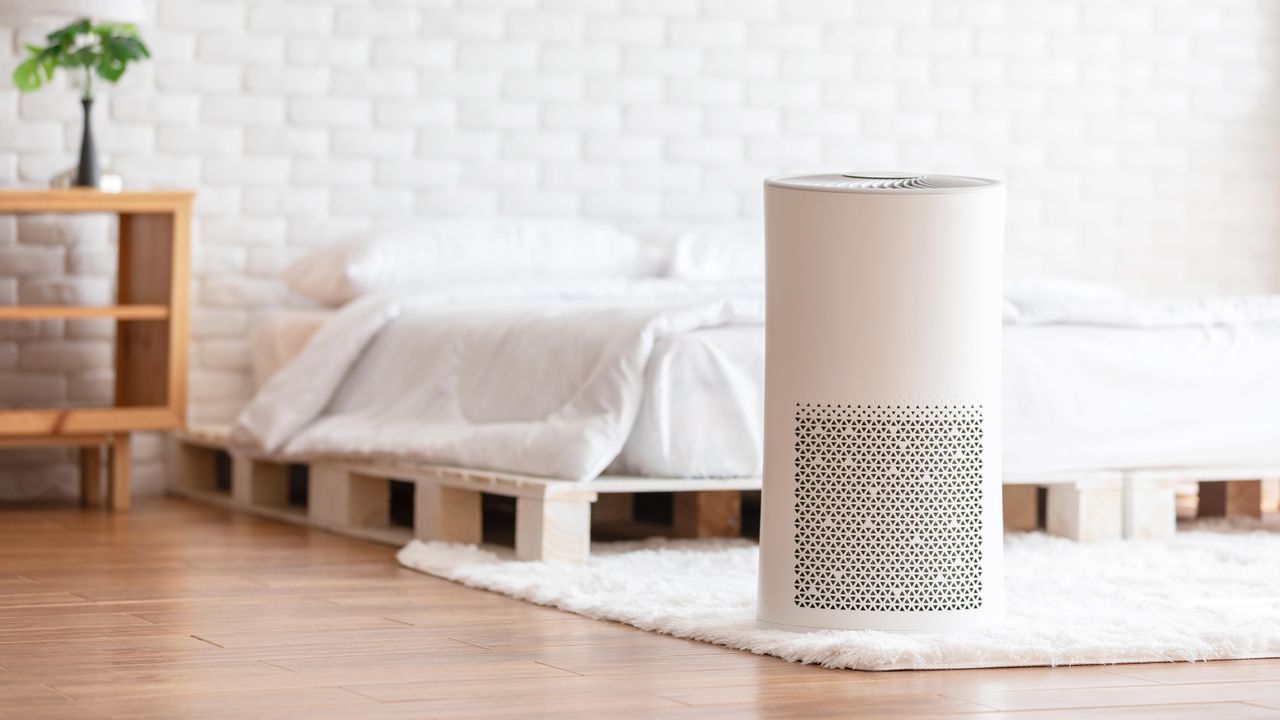Health
Study Links Air Purifiers to Lower Blood Pressure in Adults

Research published in the Journal of the American College of Cardiology indicates that air purifiers equipped with HEPA filters may contribute to lower blood pressure in certain populations, potentially enhancing cardiovascular health. This finding emerges from a study involving 154 participants who lived near a highway, where air pollution exposure is prevalent.
The participants, all over the age of 30 with an average age of 41, resided full-time in proximity to heavy traffic and had no prior history of heart attacks, strokes, or other major cardiovascular issues. Notably, none of the participants were on blood pressure or anti-inflammation medications. At the study’s outset, their average blood pressure reading was a healthy 118.8/76.5 mmHg, slightly below the American Heart Association’s recommended target of 120/80 mmHg or lower.
Study Design and Findings
Over two months, researchers installed custom-made HealthMate HEPA air purifiers in the bedrooms and living rooms of the participants. During the first four weeks, the subjects experienced no air filtration, while in the subsequent month, half of the group underwent ‘sham purification,’ and the other half utilized HEPA purification. Throughout the eight weeks, the researchers measured blood pressure four times and collected data on participants’ exposure to second-hand smoke, stress levels, exercise frequency, and overall health.
The study revealed a modest yet significant reduction in systolic blood pressure among those using HEPA filters. Systolic blood pressure, the upper figure in a reading, signifies the pressure in the arteries when the heart contracts. A healthy level is generally considered to be less than 120 mmHg. The average net reduction observed in participants using HEPA filters was 3 mmHg, suggesting that improving indoor air quality can positively impact health.
Despite the study’s small scale, it highlights the potential benefits of air purifiers in enhancing cardiovascular health, particularly for those living in polluted environments. To maximize the benefits, it is crucial to select an air purifier suitable for the space being treated and to place it in an optimal location within the home.
The implications of this research underscore the importance of air quality in everyday life, particularly for individuals exposed to high levels of traffic-related air pollution. As air purifiers become more accessible, their role in promoting better health outcomes may warrant further exploration and wider adoption.
-

 Lifestyle4 months ago
Lifestyle4 months agoLibraries Challenge Rising E-Book Costs Amid Growing Demand
-

 Sports3 months ago
Sports3 months agoTyreek Hill Responds to Tua Tagovailoa’s Comments on Team Dynamics
-

 Sports3 months ago
Sports3 months agoLiverpool Secures Agreement to Sign Young Striker Will Wright
-

 Lifestyle3 months ago
Lifestyle3 months agoSave Your Split Tomatoes: Expert Tips for Gardeners
-

 Lifestyle3 months ago
Lifestyle3 months agoPrincess Beatrice’s Daughter Athena Joins Siblings at London Parade
-

 World3 months ago
World3 months agoWinter Storms Lash New South Wales with Snow, Flood Risks
-

 Science4 months ago
Science4 months agoTrump Administration Moves to Repeal Key Climate Regulation
-

 Science3 months ago
Science3 months agoSan Francisco Hosts Unique Contest to Identify “Performative Males”
-

 Business4 months ago
Business4 months agoSoFi Technologies Shares Slip 2% Following Insider Stock Sale
-

 Science4 months ago
Science4 months agoNew Tool Reveals Link Between Horse Coat Condition and Parasites
-

 Sports3 months ago
Sports3 months agoElon Musk Sculpture Travels From Utah to Yosemite National Park
-

 Science4 months ago
Science4 months agoNew Study Confirms Humans Transported Stonehenge Bluestones









